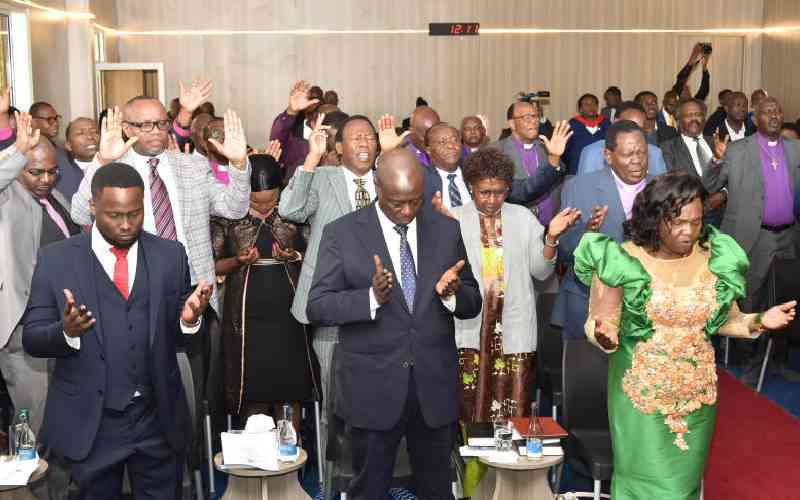×
The Standard e-Paper
Kenya’s Boldest Voice

One thing has been certain in Kenya since September 13 last year - President William Ruto will be in a church somewhere on a Sunday.
Any criticism of Ruto and his strategy of campaigning - that he was using the church as a method of acquiring power, has quickly been dispelled with the commitment that the president has shown to his faith while in office.